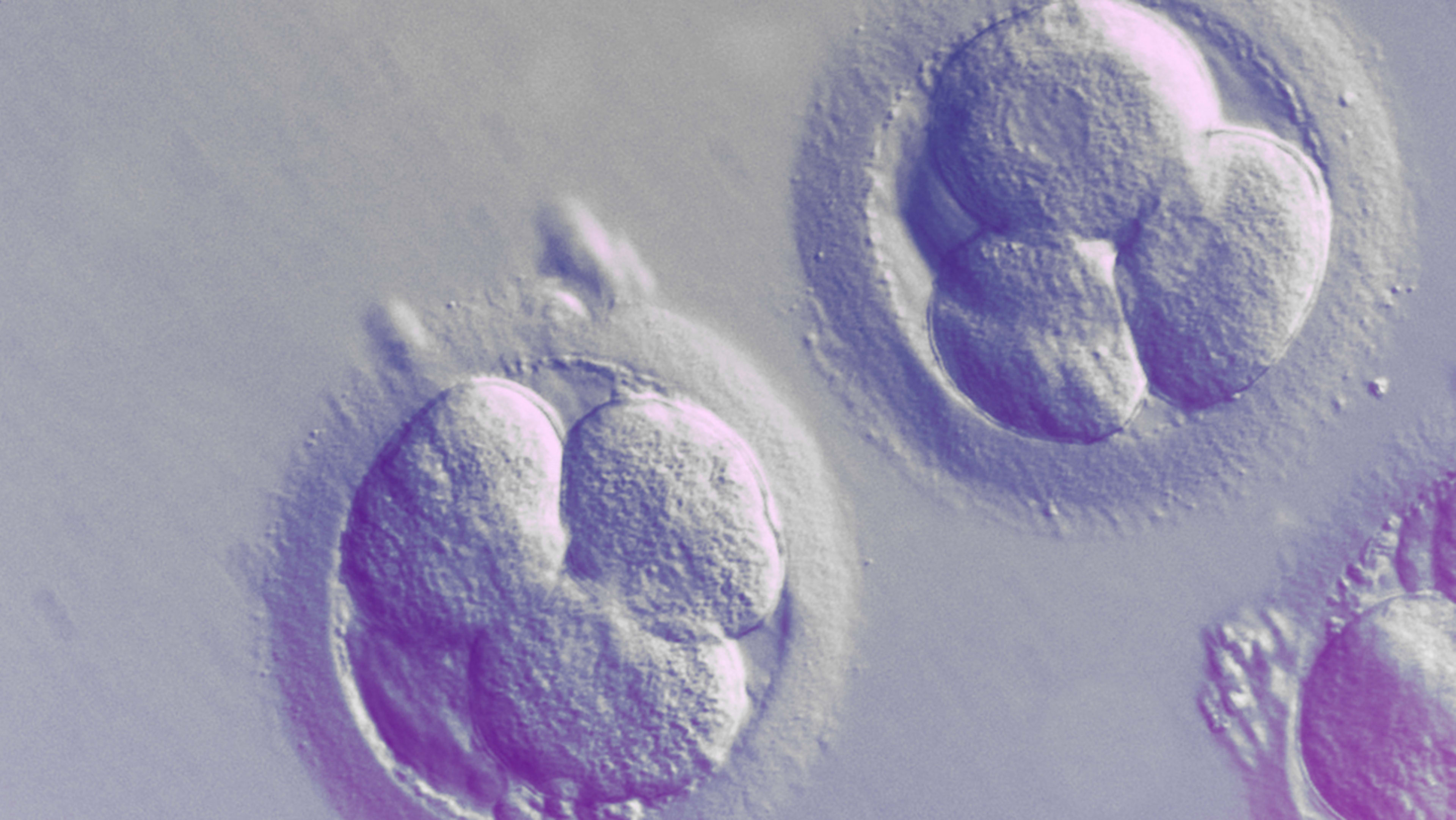An international team of scientists from China, the Netherlands, the United States, and the UK are shaking things up in Science this week, lobbying for an extension on how many days scientists can study human embryos in a dish.
If studying human embryos in a lab is your bailiwick, then you can currently do so for 14 days, under strict guidelines from the International Society for Stem Cell Research. This has been the case for over 40 years, since the dawn of in vitro fertilization. But key detail: At the time the two-week limit was imposed, no one knew how to culture embryos in a dish for 144 days, let alone longer, making the limit hypothetical. This changed in 2016.
The team is pushing for a time extension because many developmental disorders appear after day 15, as do causes of pregnancy loss. Researchers currently cannot study them in a lab, let alone develop therapies—research on pregnant women presents extreme logistical and ethical challenges. Counterintuitively, the study of embryos in a dish may also fuel the discovery of alternative ways to conduct the same research.
At two weeks, an embryo in the womb has been implanted for around four days, and principal, unique tissues in the body begin to form. Put simplistically, it’s more or less when the embryo becomes biologically unique.
The question now is how long a new limit might be. A separate article in the BMJ this month pushed for 28 days, writing, “there are no coherent or persuasive reasons to deny researchers, and through them humanity, the knowledge and innovation that this will generate.”
The Science team does not envision a free-for-all. They believe that extensions should be implemented cautiously and in small steps, with frequent evaluations of the policy. They also suggest that an independent ethics committee review potential research to determine that the research cannot take place through other means, and that the study is backed by a compelling scientific reason.
This should all come to a head soon, as the International Society for Stem Cell Research is currently updating its guidelines, which are expected to be released soon. Prepare for controversy.
Recognize your brand’s excellence by applying to this year’s Brands That Matter Awards before the early-rate deadline, May 3.
